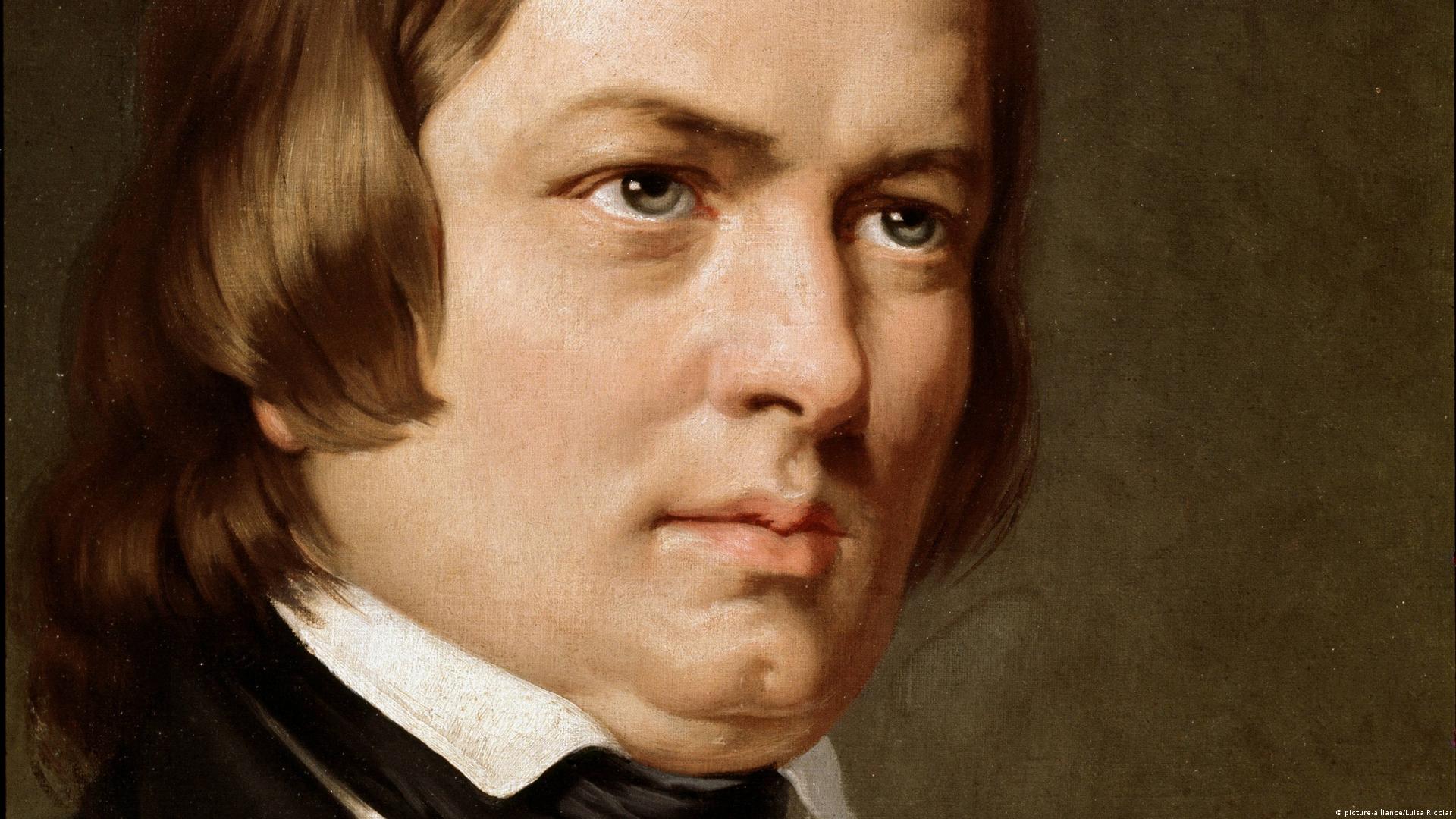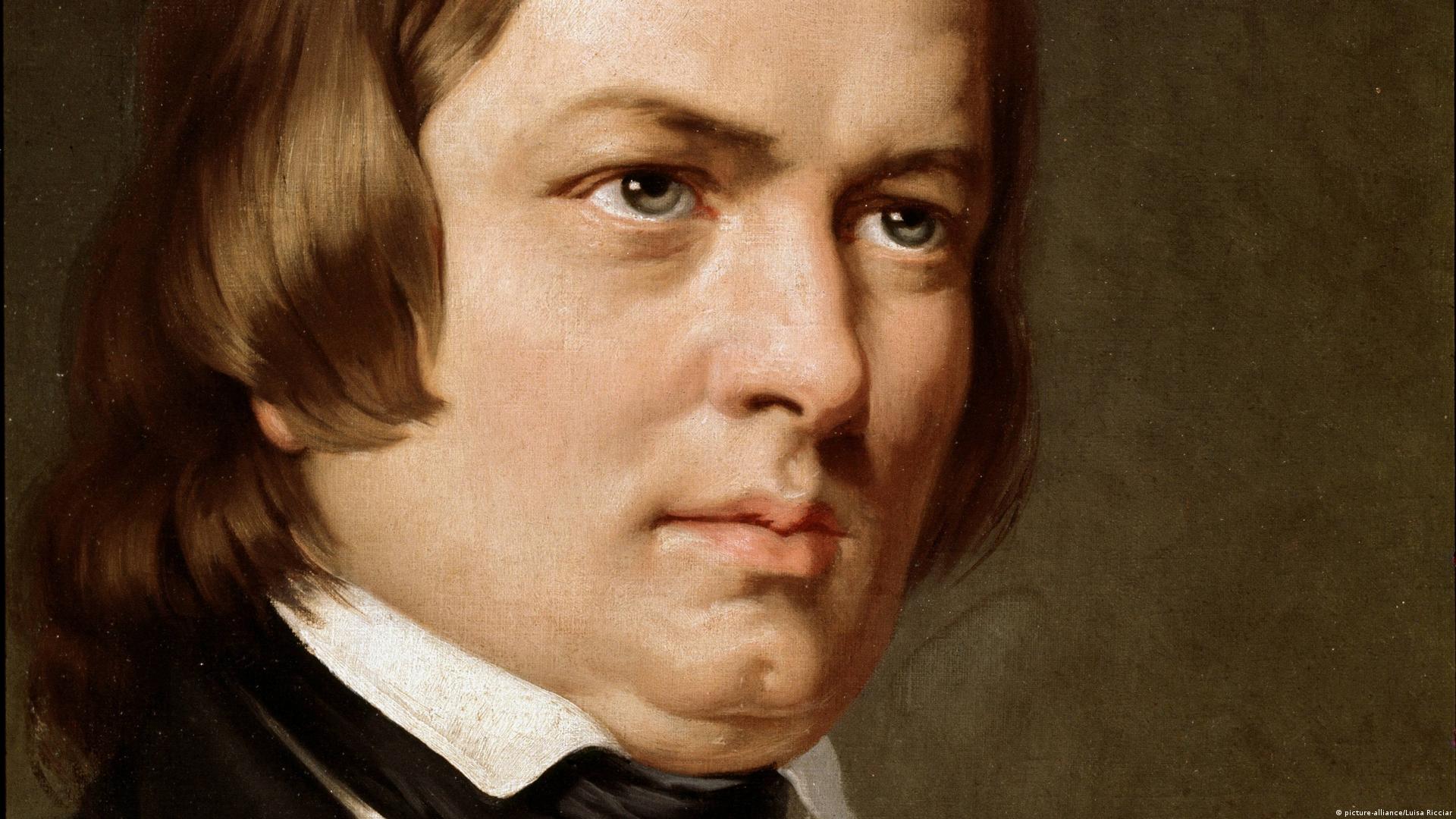
The Life and Legacy of Robert Schumann: A Genius of Romantic Music
Robert Schumann (1810–1856) was one of the most influential and iconic composers of the Romantic era. His works, characterized by emotional depth, poetic inspiration, and[…]

The Story Behind Schumann’s Carnaval
Carnaval, Op. 9, is one of Robert Schumann’s most celebrated and imaginative works for solo piano. Composed in 1834–1835, this suite of 21 short character[…]

Robert Schumann – Biography and History
Robert Schumann was born on June 8, 1810, in Zwickau, Saxony, which was then part of the Kingdom of Saxony. He was the youngest of[…]